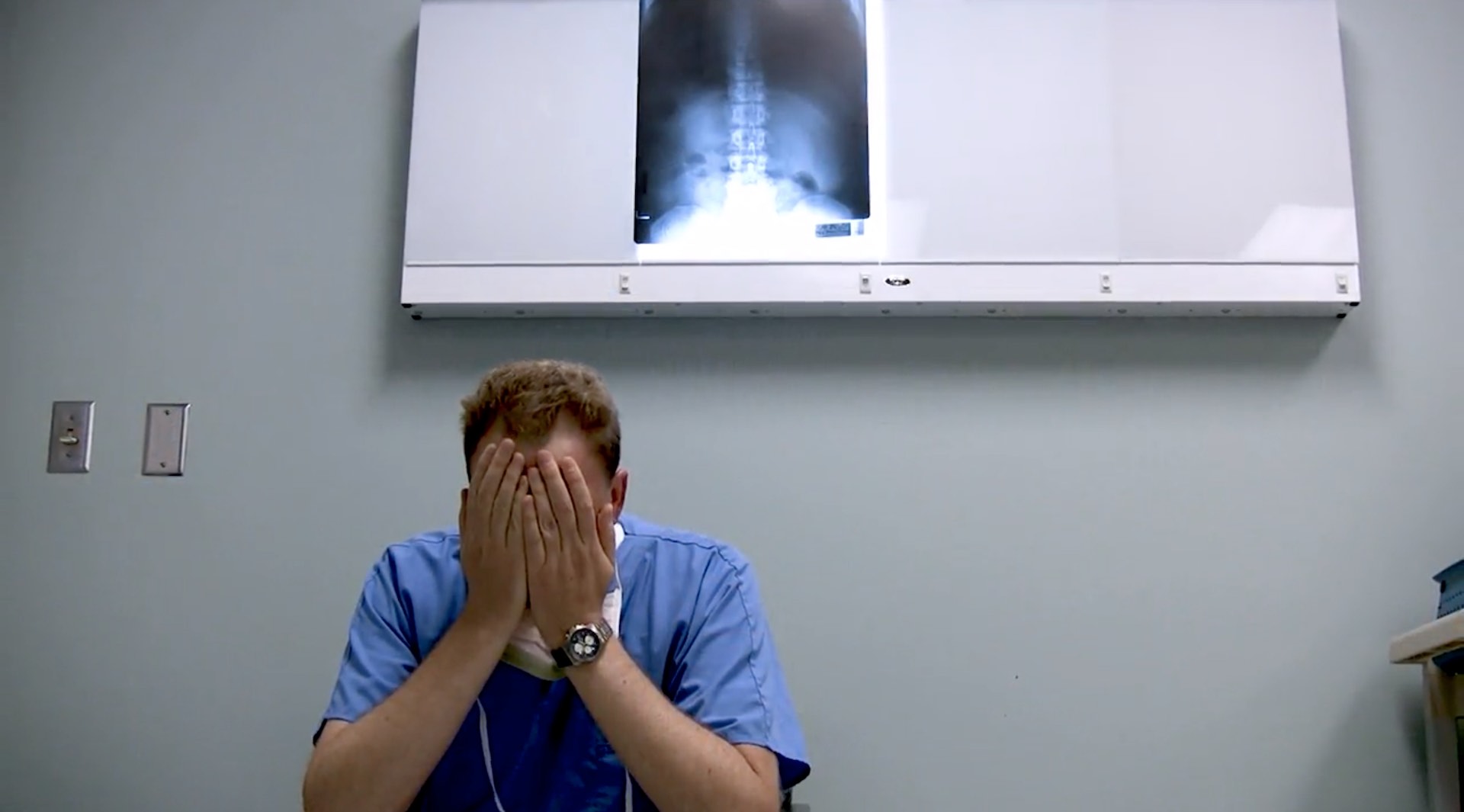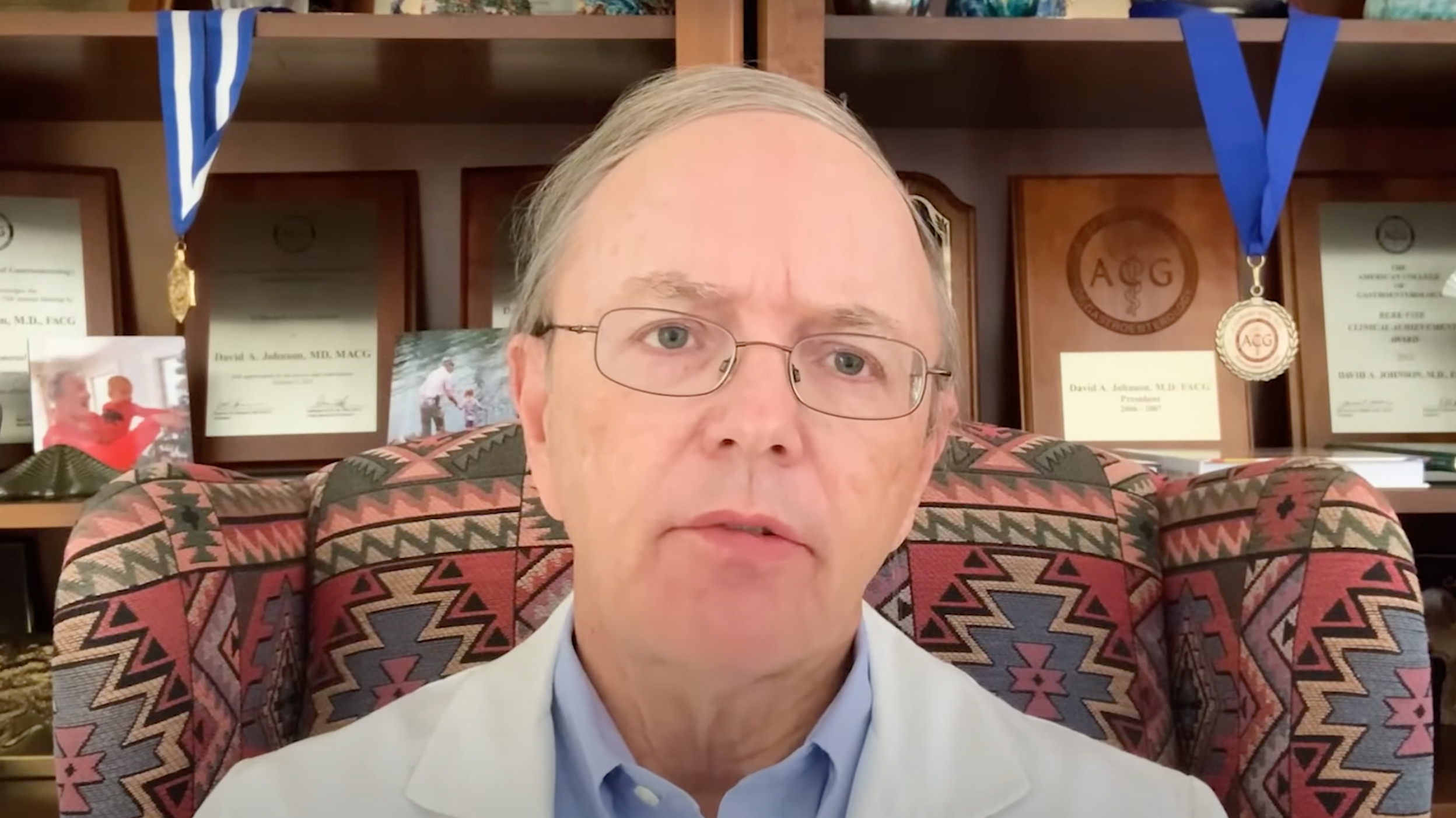Bendamustine more effective than chlorambucil for CLL
Reuters Health • The Doctor's Channel Daily Newscast
August 11, 2009 • Critical Care, Internal Medicine, Medical Students, Oncology / Hematology, Pharmacists, Reuters Health • The Doctor's Channel Newscast
NEW YORK (Reuters Health) – As first-line therapy for advanced chronic lymphocytic leukemia, bendamustine produced significantly higher response rates and longer progression-free survival than chlorambucil in a phase III clinical trial.
Bendamustine also evoked a “manageable toxicity profile,” Dr. Wolfgang U. Knauf of the Frankfurter Diakonie Klinken and co-investigators report in the August 3rd online issue of the Journal of Clinical Oncology.
“Bendamustine is a novel agent, synthesized with the intent of combining the alkylating properties of mechlorethamine and the purine antimetabolite properties of benzimidazole,” the European research team explains. Based on promising phase I/II trial results, they conducted a randomized, open-label study comparing the two drugs.
The study population included 319 previously untreated patients (mean age 63 years) with advanced (Binet stage B or C) stage disease, 162 randomly assigned to bendamustine and 157 to chlorambucil. The safety population comprised 312 treated patients: 1 in the bendamustine group and 6 in the chlorambucil group did not receive treatment. Median observation time was 35 months (range, 1 to 68).
Bendamustine 100 mg/m²/d was administered intravenously on days 1 and 2, whereas chlorambucil 0.8 mg/kg was given orally on days 1 and 15 (or broken into smaller doses on days 1 and 2 and on days 15 and 16.) Treatment cycles were repeated every 4 weeks for a maximum of 6 cycles.
Overall, 68% of the bendamustine group and 31% of the chlorambucil group achieved a complete or partial response. Median progression-free survival was 21.6 months and 8.3 months, respectively (p < 0.0001 for both measures).
More time under observation will be required to determine differences in overall survival, the authors note.
Hematologic grade 3 to 4 adverse events occurred more often in the bendamustine group (40% vs 19% in the chlorambucil group). The corresponding incidence of grade 3 to 4 severe infections were 8% vs 3%.
Two cases of tumor lysis syndrome occurred during the first cycle of treatment with bendamustine. The patients recovered and continued treatment. However, the authors emphasize that this condition is potentially fatal, and advise that, at least in patients with a high tumor burden, that prophylactic therapy against hyperuricemia be administered, and that adequate fluid intake be provided.
Dr. Knauf and his associates point that, based on these data, the US Food and Drug Administration approved bendamustine in March 2008 for the treatment of chronic lymphocytic leukemia.
Reference:
J Clin Oncol 2009;27.
Bendamustine also evoked a “manageable toxicity profile,” Dr. Wolfgang U. Knauf of the Frankfurter Diakonie Klinken and co-investigators report in the August 3rd online issue of the Journal of Clinical Oncology.
“Bendamustine is a novel agent, synthesized with the intent of combining the alkylating properties of mechlorethamine and the purine antimetabolite properties of benzimidazole,” the European research team explains. Based on promising phase I/II trial results, they conducted a randomized, open-label study comparing the two drugs.
The study population included 319 previously untreated patients (mean age 63 years) with advanced (Binet stage B or C) stage disease, 162 randomly assigned to bendamustine and 157 to chlorambucil. The safety population comprised 312 treated patients: 1 in the bendamustine group and 6 in the chlorambucil group did not receive treatment. Median observation time was 35 months (range, 1 to 68).
Bendamustine 100 mg/m²/d was administered intravenously on days 1 and 2, whereas chlorambucil 0.8 mg/kg was given orally on days 1 and 15 (or broken into smaller doses on days 1 and 2 and on days 15 and 16.) Treatment cycles were repeated every 4 weeks for a maximum of 6 cycles.
Overall, 68% of the bendamustine group and 31% of the chlorambucil group achieved a complete or partial response. Median progression-free survival was 21.6 months and 8.3 months, respectively (p < 0.0001 for both measures).
More time under observation will be required to determine differences in overall survival, the authors note.
Hematologic grade 3 to 4 adverse events occurred more often in the bendamustine group (40% vs 19% in the chlorambucil group). The corresponding incidence of grade 3 to 4 severe infections were 8% vs 3%.
Two cases of tumor lysis syndrome occurred during the first cycle of treatment with bendamustine. The patients recovered and continued treatment. However, the authors emphasize that this condition is potentially fatal, and advise that, at least in patients with a high tumor burden, that prophylactic therapy against hyperuricemia be administered, and that adequate fluid intake be provided.
Dr. Knauf and his associates point that, based on these data, the US Food and Drug Administration approved bendamustine in March 2008 for the treatment of chronic lymphocytic leukemia.
Reference:
J Clin Oncol 2009;27.









